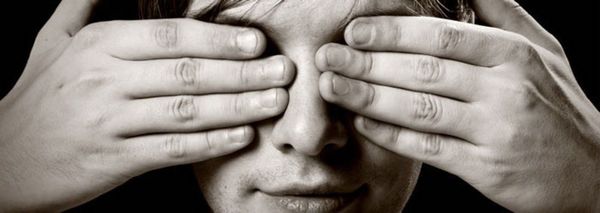Last semester, I took a class that explored different kinds of archetypes. Archetypes are merely typical examples of things, usually found in books and movies when you see the same characters over and over again. For example, the cliche male hero who always gets the girl or the typical angry villain with a dark past.
Today, I read an interesting article about a specific archetype: the “Manic Pixie Dream Girl.” This type of character is defined as “that bubbly, shallow cinematic creature that exists solely in the fevered imaginations of sensitive writer-directors to teach broodingly soulful young men to embrace life and its infinite mysteries and adventures.” This type of archetype is used in literature and films regularly to assist in the character development of the protagonist. Many actresses have had problems with this label, speaking out against the unfairness of being placed in such a box.
But why?
What is wrong with inspiring the dreams of others? What is wrong with furthering the passions of young men, changing their worlds and then leaving them stronger than when you found them? We put so much emphasis on being yourself and being individual that we forget that we are a part of other's lives. Just because we are the protagonist of our own story doesn't mean we aren't a character in anyone else's. I like the idea of "teaching [someone] to embrace life." There is nothing bad about that.
We teach girls to break out of boxes. But, do we not realize by celebrating uniqueness we are alienating normality? It's OK to fit into boxes, if only to break free from them later on. Here's what seems to get lost in translation: we can exist in someone's imagination while still being individualistic and true to ourselves. It doesn't have to be one or the other. Helping someone else in their journey isn't anti-feminist or old-fashioned or sexist, because it helps you find yourself, too. Let yourself be manic for a minute.
Be someone’s dream girl. Be someone’s manic, their crazy, their bubbly side. Be yourself, but be parts of someone else. It isn’t a bad thing to be a part of someone’s whole.






















